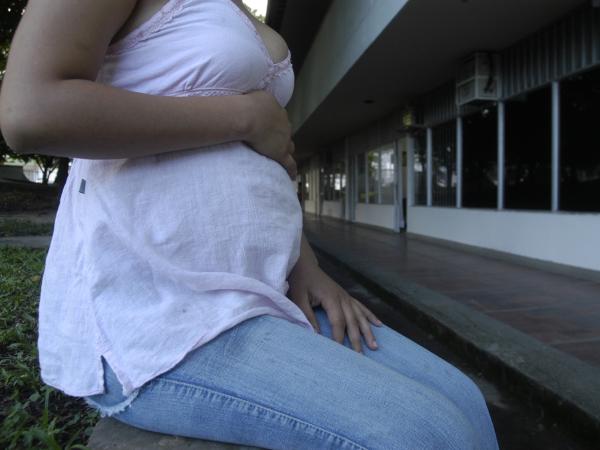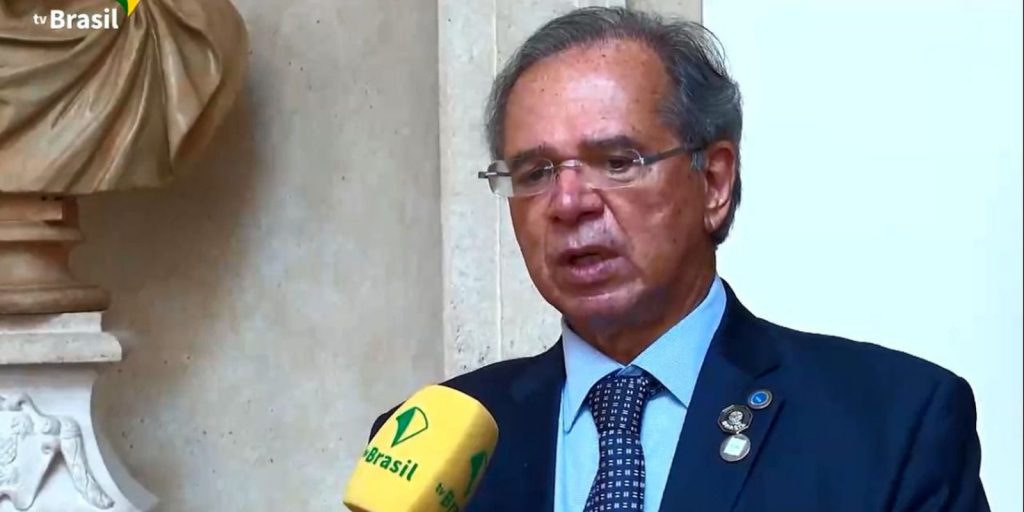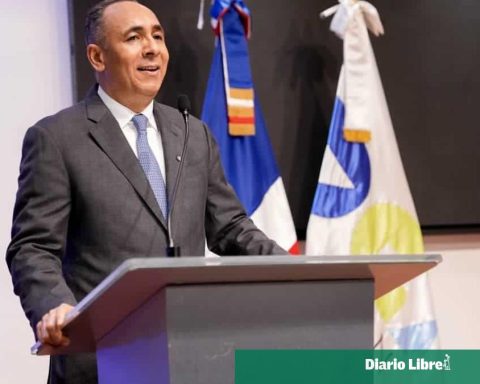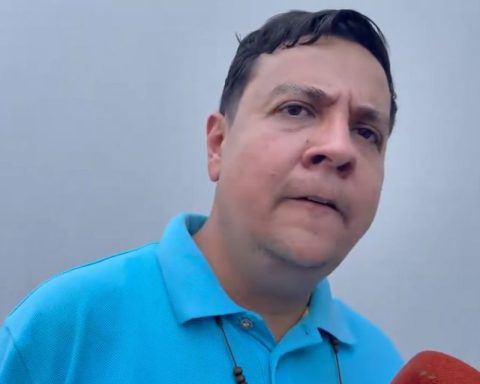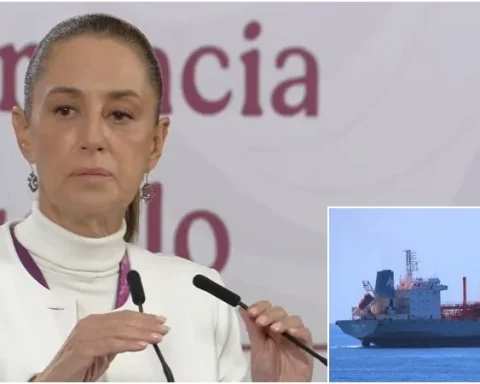
The lawyer and constituent Fernando Atria, one of the most recognized faces of the Constitutional Convention, has been, since long before the process, one of the managers and ideologues of a fundamental change to the Chilean institutionality. Today, as president of the Fuerza Común party and in his role as a constituent, he participated as a guest of the conversation space “Desde La Academia”, of the Academia de Humanismo Cristiano University.
On the occasion, Atria spoke with a panel of professors from the University Academy of Christian Humanism about country issues and his vision of the contingency marked by the presidential elections and, what he called, “an atmosphere of irrationality” that prevents the debate of constructive ideas at the social level. This “pathology” of public discussion, he said, seeks to dictate a reality instead of understanding it and usually occurs in the heat of social networks, the spaces for opinion in the media where worldviews are faced that reduce extraordinary situations such as revolt. Social. The irony is that, from the elites and the right, those who most judge the violent events that led to the constituent process do not understand that all this violence did not occur spontaneously, “but as a consequence of an institutional action that always tried to avoid manifestations of conflict. inherent in social life ”, estimates the lawyer.
“As these institutions deteriorate, they sink into a swamp of delegitimization and there comes a time when they can no longer lead that social conflict. This social conflict does not disappear, but it is left without ways of being led and ends up expressing itself as it may, “he adds.
It synthesizes the current conflict of the search for agreements as a communication problem that seems doomed to failure as long as each party thinks that the world is the measure of its own vision of things, it believes: “Communication becomes an instrument strategic for those who have the factual power. It is a great irresponsibility to join these forms of public communication when there is no effort to communicate with the other, as occurs when talking about violence, for example. Thus, a way of life is ratified in which communication is replaced by manipulation. If that is the future of dialogue, I think we are facing a very dark future ”.
He argues that if there is no common world project, all conversation will continue to be impossible and will not go beyond the format of a “negotiation” in which one of the parties always tries to overcome the will of the other.
More optimistic about a constitutional change and his stories at a concrete level, Fernando Atria points out that the lack of such representation made a model like the current one as support for a new constitution untenable. “The previous institutions were no longer capable of achieving the required legitimacy, in that sense representative democracy must be replaced by direct participatory democracy. Since if one dispenses with representation, there is no longer a collective subject. That is why we must integrate conditions of transparency in a new constitution and privilege this message, so that citizens can see that institutional politics is our power, the measure of our empowerment ”. Add.
Former member of the PS and today at the head of the Common Force party linked to the Broad Front, Atria reaffirms its support for the candidacy of Gabriel Boric and considers that it will be the winning card of the next elections, despite a scenario where the right continues to gain adherents in the middle of the Sebastián Sichel debacle. “I think that whoever connects with the current transforming will of the Chilean people, which has manifested itself since the social explosion on, will win the elections,” he believes.
The effect of the “defonde de Sichel”, he points out, is a lesson that the right wing does not learn since it continues to bet on last-minute candidates with attractive and cool attributes, as Laurence Golborne was at the time, recalls Atria. Asked about the second majority, he confesses: “I am afraid that Kast is going to capitalize, in part, on Sichel’s rampage and is the current equivalent of the“ Chilezuela against Guillier. With some uncertainty and although I wish it were not like that ”, he points out.
Regarding which system of government does he consider to be the most appropriate for our country, whether a presidential or parliamentary one, the conventional one said that he prefers to break down both concepts before reaching a definition. It would be fundamental a regime that produces governments that can carry out their agendas, so that citizens can see when they vote that the popular will is going to take shape: “This supposes an alignment between the executive and the legislative, something that does not happen in a system that we have, which produces delegitimization because it transmits the idea that politics does not belong to citizens, but to the political class. “
After the great issues that the work of the constitutional convention proposes to transform, he made a distinction between the changes that Chile requires: to transform itself into a more just, more egalitarian society, with protection of social rights, and the contribution that the new constitution can make to achieve that change. “What is going to make the difference is the notion that institutional politics is the instrument of citizens to decide on the terms of life together. That is the basic democratic promise and that this change takes place in society. experience will depend on the success of the new constitution, “he clarifies.
Finally, in the same area, he contributed that in educational matters a new constitution can reopen the debate on the role of the public in higher education. The lawyer recalled how this discussion, during the second Bachelet government, led to a deliberate attempt to sanitize and empty this debate of content. “The way I understand the public is the sphere where we find ourselves as citizens under a principle of equality. It is fundamental for the future of Chile that there are public universities. This does not mean that they are owned by the State, but universities that work. according to the logic of the public, universities that do not have an owner, in the sense that there is no one who can unilaterally decide what the house of studies is used for, “he explained.
The second chapter of the second season of “Desde la Academia” featured a panel of experts made up of the doctor of philosophy Pablo Cottet, the lawyer Peter Sharp, the doctor of philosophy Cecilia Sánchez and the rector of the UAHC, Álvaro Ramis .
You can see the chapter with Fernando Atria, below.











